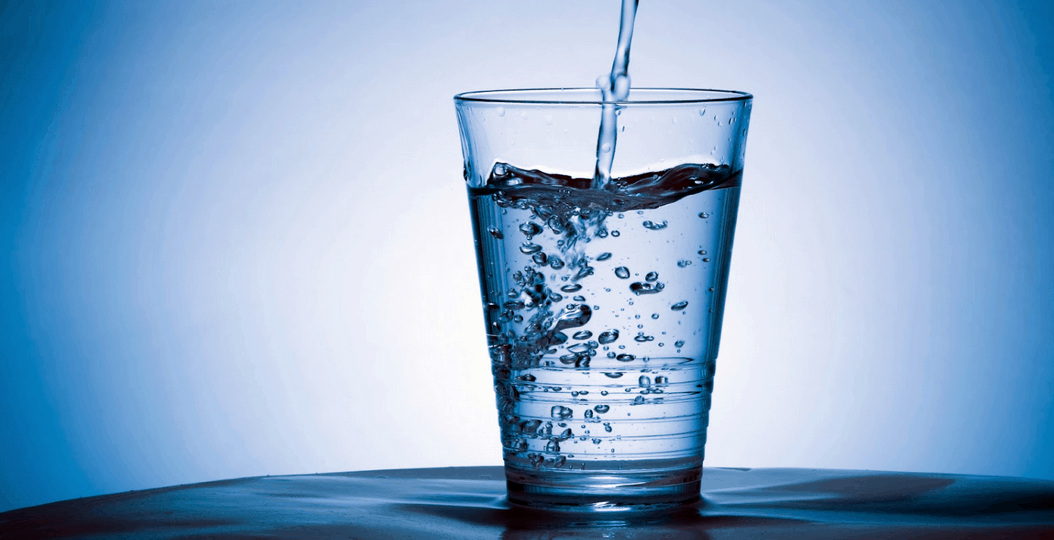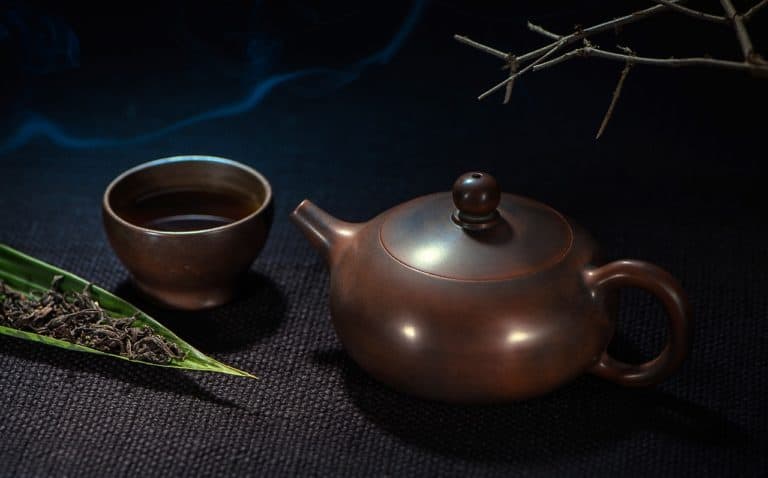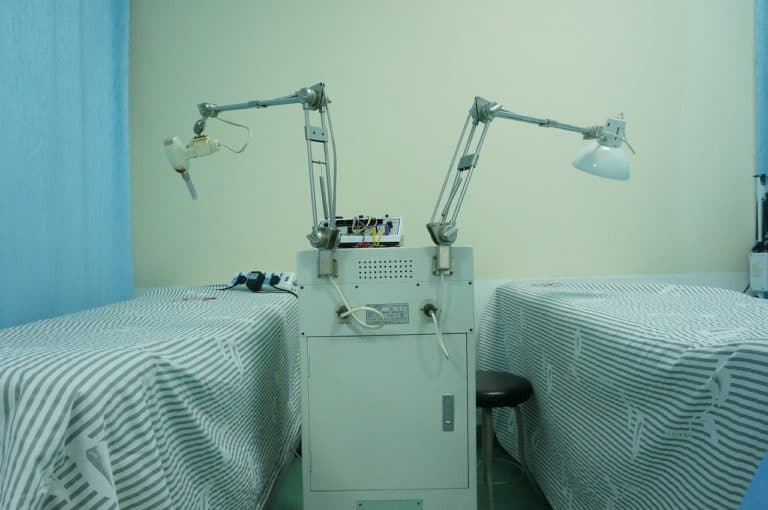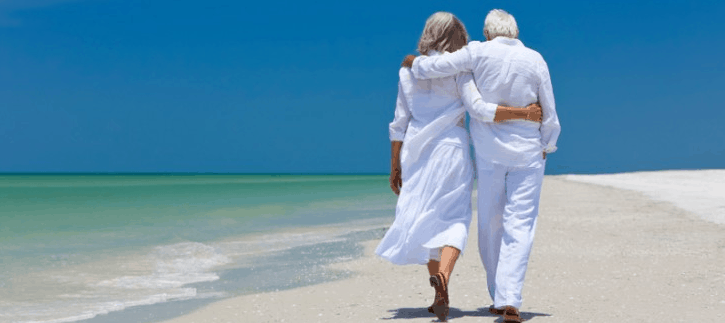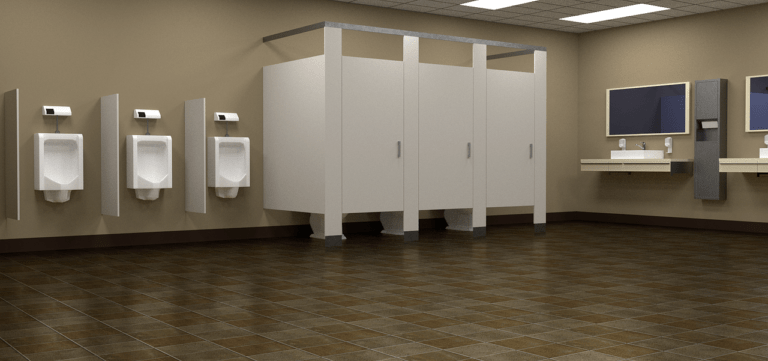Prevention of urinary incontinence is easier than you think. If you have urinary incontinence or an overactive bladder, your first thought may be to limit the amount of fluids you consume so you will not need to use the bathroom as much. Although this sounds like a good idea, there is a down side. If you don’t drink enough fluids (eights cups a day is recommended), your urine can become concentrated, which can actually irritate your bladder and make incontinence worse. Therefore, it is important to get enough fluids (e.g., pure water, green tea are best) for good health.
However, not all types of fluids are wise choices when you have an overactive bladder, and the same thing holds for some foods. For prevention of urinary incontinence and caring for an overactive bladder, you should avoid the following foods and beverages, as they can irritate the bladder:
- Citrus fruits and fruit juices (e.g., oranges, grapefruit, pineapple, lemons)
- Coffee and black tea (including decaf)
- Sugar and honey; artificial sweeteners (e.g., aspartame) can bother some people
- Tomatoes and tomato products (they are acidic)
- Spicy foods (e.g., curries, hot peppers, chilies)
- Alcohol
- Vinegar
- Chocolate (dark is less irritating than milk chocolate)
- Milk and cheese
- Energy drinks (usually contain caffeine; check the labels)
- Carbonated beverages
In addition to food and beverage choices, there are other steps you can take for prevention of urinary incontinence and the associated urine leakage.
Taking these steps, along with treatment options you and your healthcare provider choose, can do much to resolve and prevent urinary incontinence and overactive bladder symptoms.
- Get regular, daily exercise
- If you are overweight, losing weight can help with overactive bladder, because excess pounds can exert pressure on the bladder.
- Quit smoking
- Do Kegel exercises every day if you have overactive bladder, or at least 3 to 4 times a week to help prevent it.
- Manage any chronic condition, such as diabetes, that can contribute to overactive bladder
- Don’t hold it! Use the bathroom whenever you feel the urge.
- Promptly treat any urinary tract infections
- Avoid constipation, which can place stress on the bladder. Tips include eating a high-fiber diet, staying well hydrated, taking a natural fiber supplements with psyllium or methylcellulose if needed, and establishing a regular time for a bowel movement.
- Practice double voiding, which means urinate as much as you can, relax for a moment, then go again.
- Keep a urinal next to your bed or chair if you find it difficult to reach the bathroom in time
- Check if you are taking any medications that may cause urinary incontinence, including alpha-blockers, antidepressants, antihistamines, calcium-blockers, diuretics, narcotics, sedatives, and over-the-counter allergy, cold, and diet medications
- Follow the Prostate Health Diet for maximum support of bladder and prostate health
The above steps will help you get back on the road to better health and help with your male urinary incontinence symptoms.

